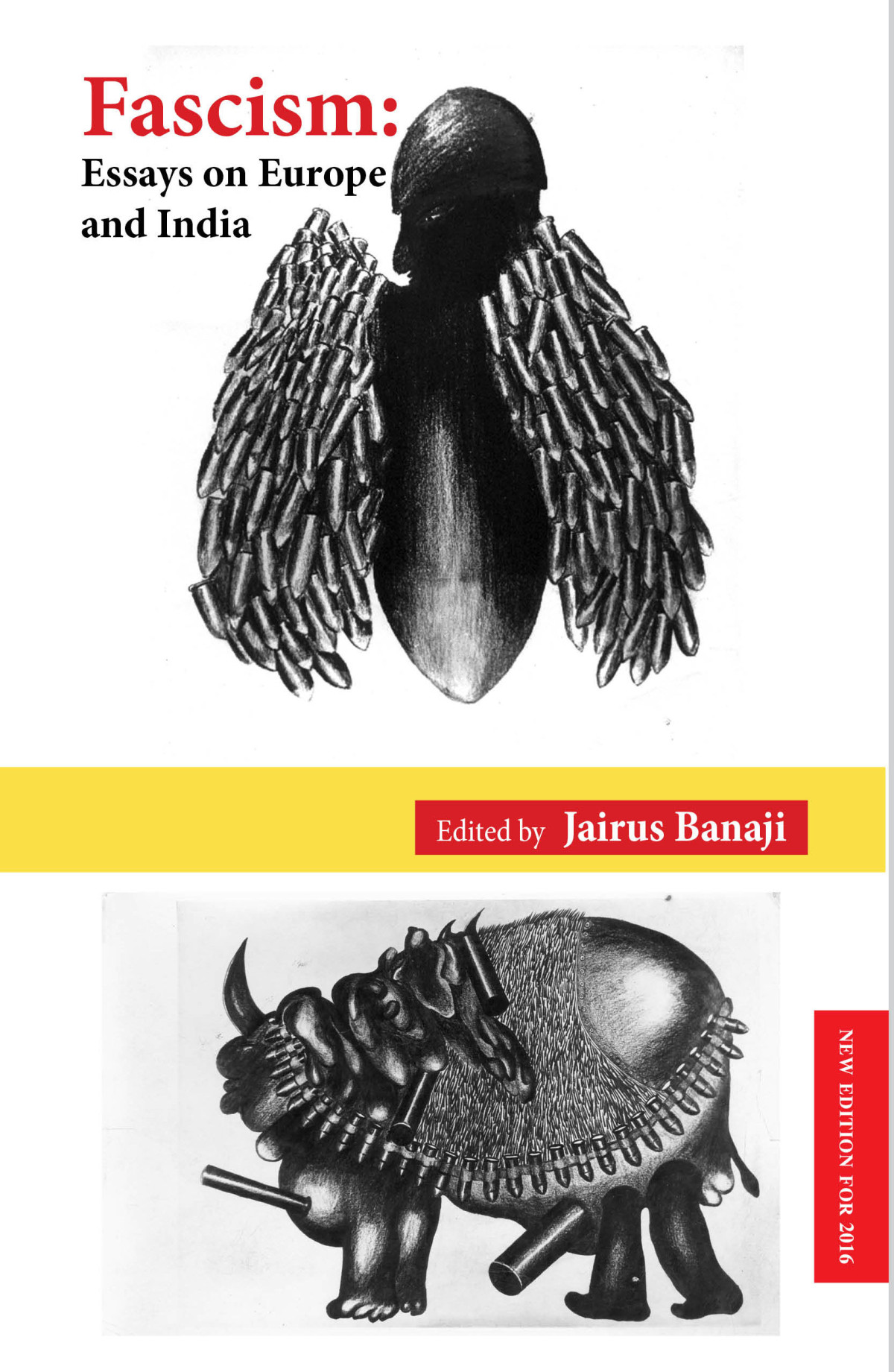

Most ebook files are in PDF format, so you can easily read them using various software such as Foxit Reader or directly on the Google Chrome browser.
Some ebook files are released by publishers in other formats such as .awz, .mobi, .epub, .fb2, etc. You may need to install specific software to read these formats on mobile/PC, such as Calibre.
Please read the tutorial at this link: https://ebookbell.com/faq
We offer FREE conversion to the popular formats you request; however, this may take some time. Therefore, right after payment, please email us, and we will try to provide the service as quickly as possible.
For some exceptional file formats or broken links (if any), please refrain from opening any disputes. Instead, email us first, and we will try to assist within a maximum of 6 hours.
EbookBell Team

4.8
74 reviewsBut what does it mean for fascism to have a “mass base”? And how does it construct one? The concluding chapter explores the notion of “passive complicity”, using ideas developed by Jean-Paul Sartre in his major work Critique of Dialectical Reason, and then turns to a characterisation of the Extreme Right in India by looking at the strategies at work in the subversion of Indian democracy.
CONTENTS
Preface
Part One - Arthur Rosenberg on fascism
1. Jairus Banaji: Fascism as a mass- movement: Translator's introduction
2. Arthur Rosenberg: Fascism as a mass- movement
Part Two - The growth of fascism in India
1. Kannan Srinivasan: A subaltern fascism?
2. Sumit Sarkar: The fascism of the Sangh Parivar
3. Dilip Simeon: The law of killing: A brief history of Indian fascism
4. Jairus Banaji: Trajectories of fascism: Extreme-right movements in India and elsewhere